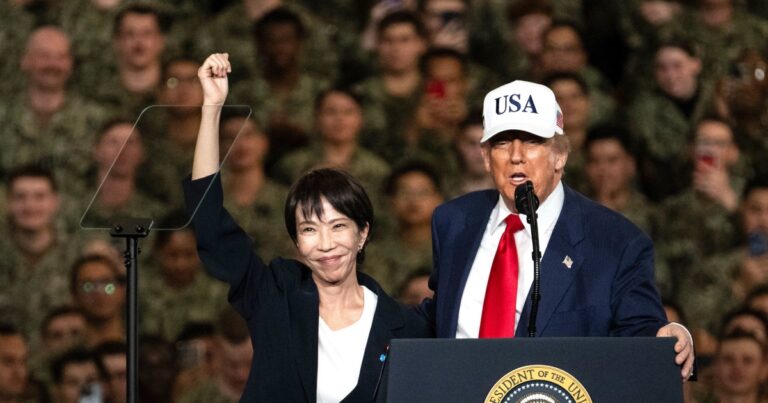Trump’s Asia Tour: Trade Agreements and Geopolitical Strategy
During his recent tour of Asia, President Trump has forged a series of trade agreements focused on rare earth materials. Analysts believe these measures are part of a larger strategy aimed at gaining leverage against China, especially ahead of his imminent meeting with Chinese leader Xi Jinping.
Significant Trade Agreements
Throughout his tour, President Trump has signed trade agreements concerning rare earths with several Southeast Asian nations, including Thailand, Cambodia, Malaysia, and Japan. These agreements highlight the urgent need for the U.S. to diversify its sources of rare earth materials, given that China holds a near-monopoly over their mining and processing.
Concerns Over Supply Disruption
China’s dominance in the rare earth sector raises alarms in Washington, especially as the possibility of export controls could disrupt the global supply chain. This risk has intensified the U.S. push to secure alternative sources of these critical materials, which are essential for manufacturing electronic devices and advanced technologies.
Gaining Leverage Before Meeting Xi Jinping
Experts, such as Jayant Menon from the ISEAS–Yusof Ishak Institute in Singapore, suggest that these rapid agreements are strategically timed to enhance Trump’s negotiating position before meeting Xi. “These quick deals are about trying to gain leverage before sitting down with Xi,” Menon stated, emphasizing the strategic importance of these agreements.
Questionable Benefits of the Deals
Despite the urgency, Menon critiques the agreements as “not a great deal for anyone,” given their hastily drafted nature. Countries involved in these deals may be acquiescing despite unfavorable terms because they recognize their continued reliance on the U.S. for various non-economic needs.
Long-term Goals in Reducing Reliance on China
As part of his broader strategy, Trump aims to lessen U.S. dependence on China for rare earth materials. However, the road to achieving this goal is fraught with challenges, as China has developed its sourcing and processing capabilities over many years. Experts assert it could take the U.S. substantial time to establish comparable alternatives.
Will China Respond to U.S. Strategies?
The big question remains: will China take the U.S. strategy seriously? Menon notes that the effectiveness of Trump’s approach largely hinges on whether China will feel compelled to respond or counteract these developments. The geopolitical landscape continues to evolve, making these agreements a pivotal factor in U.S.-China relations.
Conclusion
As Trump’s Asia tour unfolds, the implications of these trade agreements with Southeast Asian countries will be closely watched. The balancing act of leveraging relationships while securing essential materials is a delicate dance that could redefine the dynamics of global trade and technological advancement.
